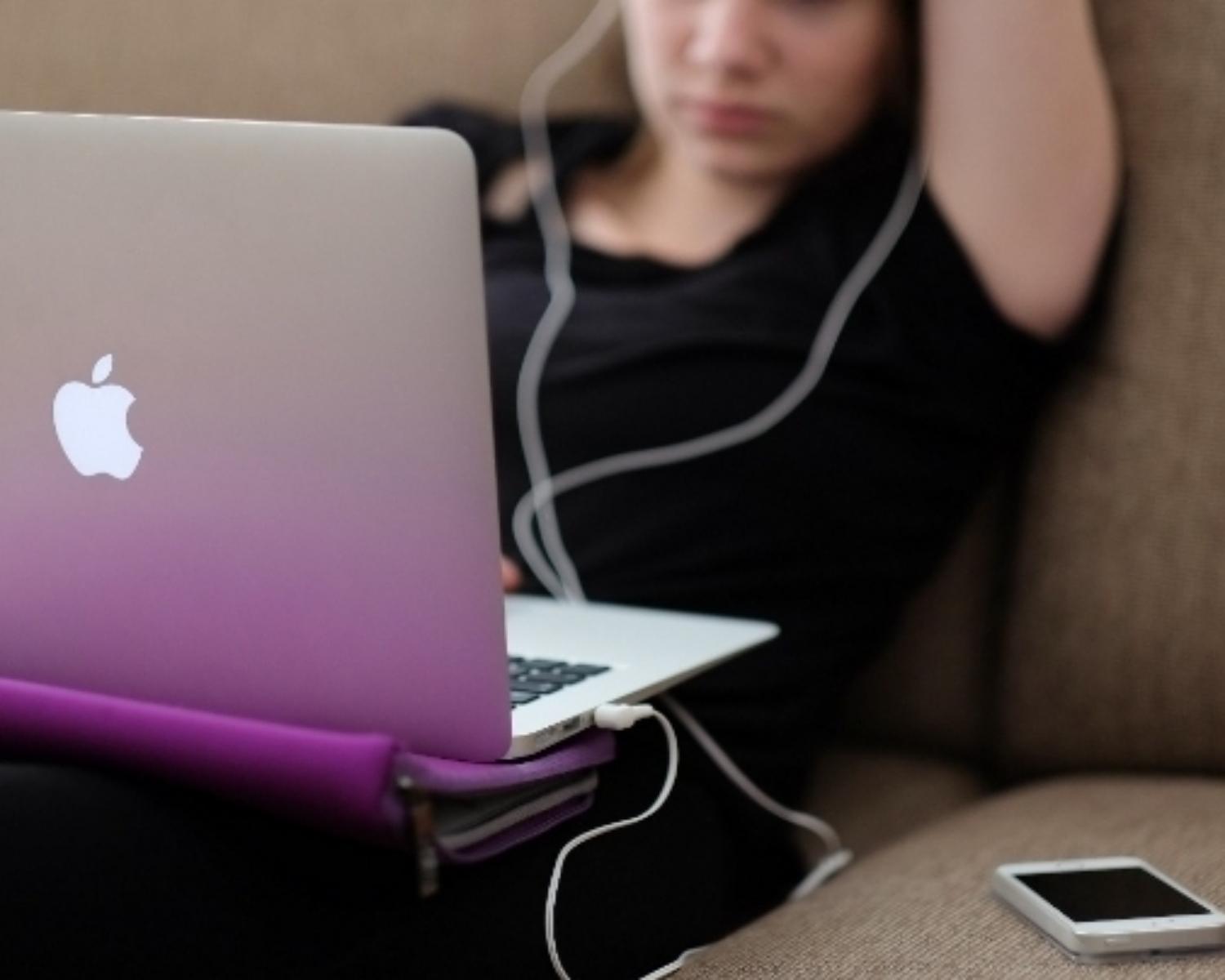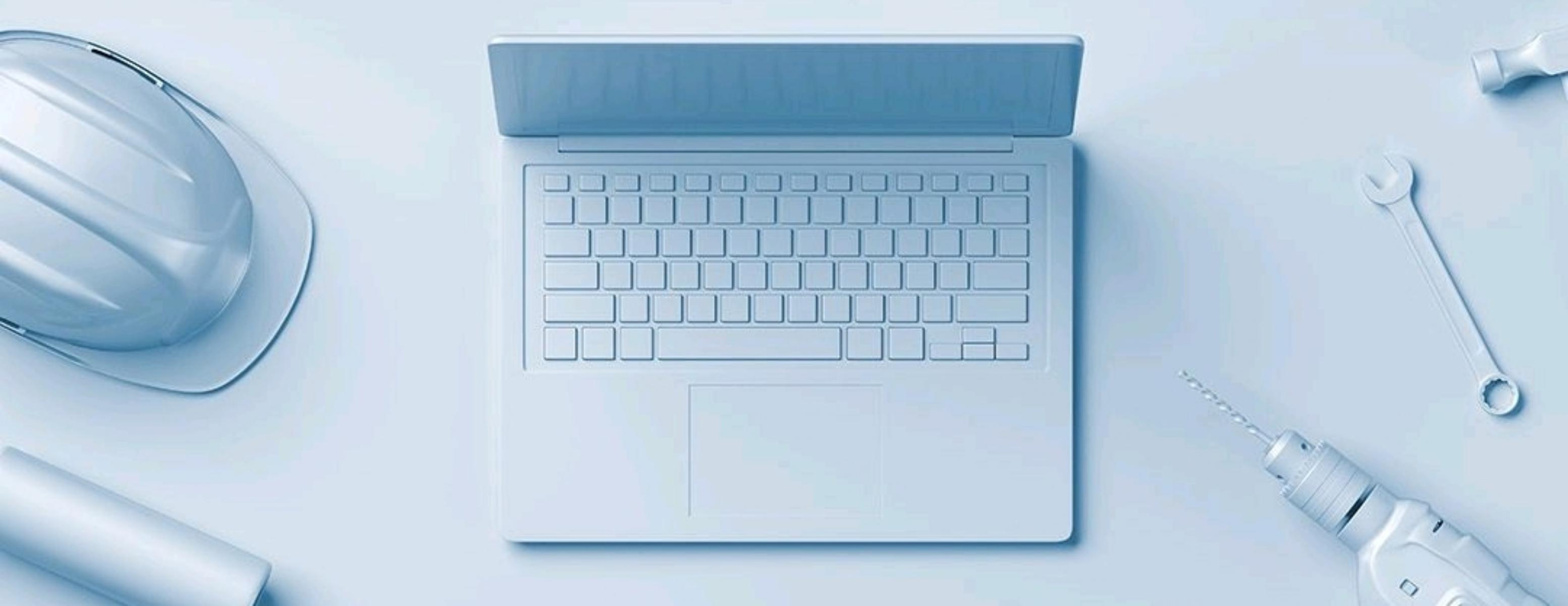Social Media, Like Alcohol, May Be Riskier When You’re Vulnerable
Curated from: elemental.medium.com
Ideas, facts & insights covering these topics:
5 ideas
·834 reads
13
1
Explore the World's Best Ideas
Join today and uncover 100+ curated journeys from 50+ topics. Unlock access to our mobile app with extensive features.
Social media may be dangerous
If you login to Instagram right now and search for #depression, you’ll see a warning. It reads: “Posts with words you’re searching for often encourage behavior that can cause harm and even lead to death.”
You can bypass this warning and see the tagged posts. Or you can click on a “Get Support” button that leads you to depression-focused resources or recommendations. The first of those recommendations is “Talk to a Friend.” It encourages you to call or text someone you trust.
17
233 reads
The REPORT
According to reporting from CNET, Instagram and other social media sites first started to implement these warnings last year. They began by flagging content related to eating disorders and negative body image, and have since expanded the program to depression and other forms of psychological distress.
The fact that social sites like Instagram are directing vulnerable people away from their platforms and toward real-world connections may not seem like a big deal. But it is a big admission.
15
184 reads
Advice From Experts
For years, some researchers — notably Jean Twenge, PhD, at San Diego State University — have been trying to warn us that social media can be risky, perhaps especially for young people or those with mental health challenges. But social media’s defenders have often argued that these platforms allow vulnerable or marginalized people to connect with others like themselves, which is surely a good thing.
This defense was always speculative. There is very little evidence indicating that social media-based support groups or communities are beneficial.
15
152 reads
Researches
Also, researchers have found that members of vulnerable groups may feel better after spending time away from social media. For example, a 2020 study on LGBTQ youths who attended a social media-free summer camp found “across the board” reductions in depressive symptoms among those teens who’d spent the most time on social before attending the camp. “When we’re vulnerable we tend to reach out via social media, but those are also the times when social media may present the biggest challenges for us,” says Brian Primack, a professor of public health and medicine at the University of Arkansas.
15
130 reads
Overcoming Addiction
If you can’t stay away from social media, Primack recommends trying to limit your time on it as much as possible. If you’re a heavy user, trying to trim your habit to less than two hours a day may be beneficial, his research suggests.
He also offers this advice: “Focus on small groups, including chat clusters with one or a few people at a time. This can help you focus on the people you feel closest to.” In other words, try to make your time on social media more like a real-world gathering with friends.
16
135 reads
IDEAS CURATED BY
CURATOR'S NOTE
Social Media Addiction could be dangerous🤯
“
vishal bhardwaj's ideas are part of this journey:
Learn more about personaldevelopment with this collection
Leonardo da Vinci's creative process
How to approach problem-solving like da Vinci
The importance of curiosity and observation
Related collections
Similar ideas
7 ideas
Social Media and Mental Health - HelpGuide.org
helpguide.org
6 ideas
When Safety Proves Dangerous
fs.blog
1 idea
6 Reasons Why Thought Suppression Harms Your Mental Health
powerofpositivity.com
Read & Learn
20x Faster
without
deepstash
with
deepstash
with
deepstash
Personalized microlearning
—
100+ Learning Journeys
—
Access to 200,000+ ideas
—
Access to the mobile app
—
Unlimited idea saving
—
—
Unlimited history
—
—
Unlimited listening to ideas
—
—
Downloading & offline access
—
—
Supercharge your mind with one idea per day
Enter your email and spend 1 minute every day to learn something new.
I agree to receive email updates


